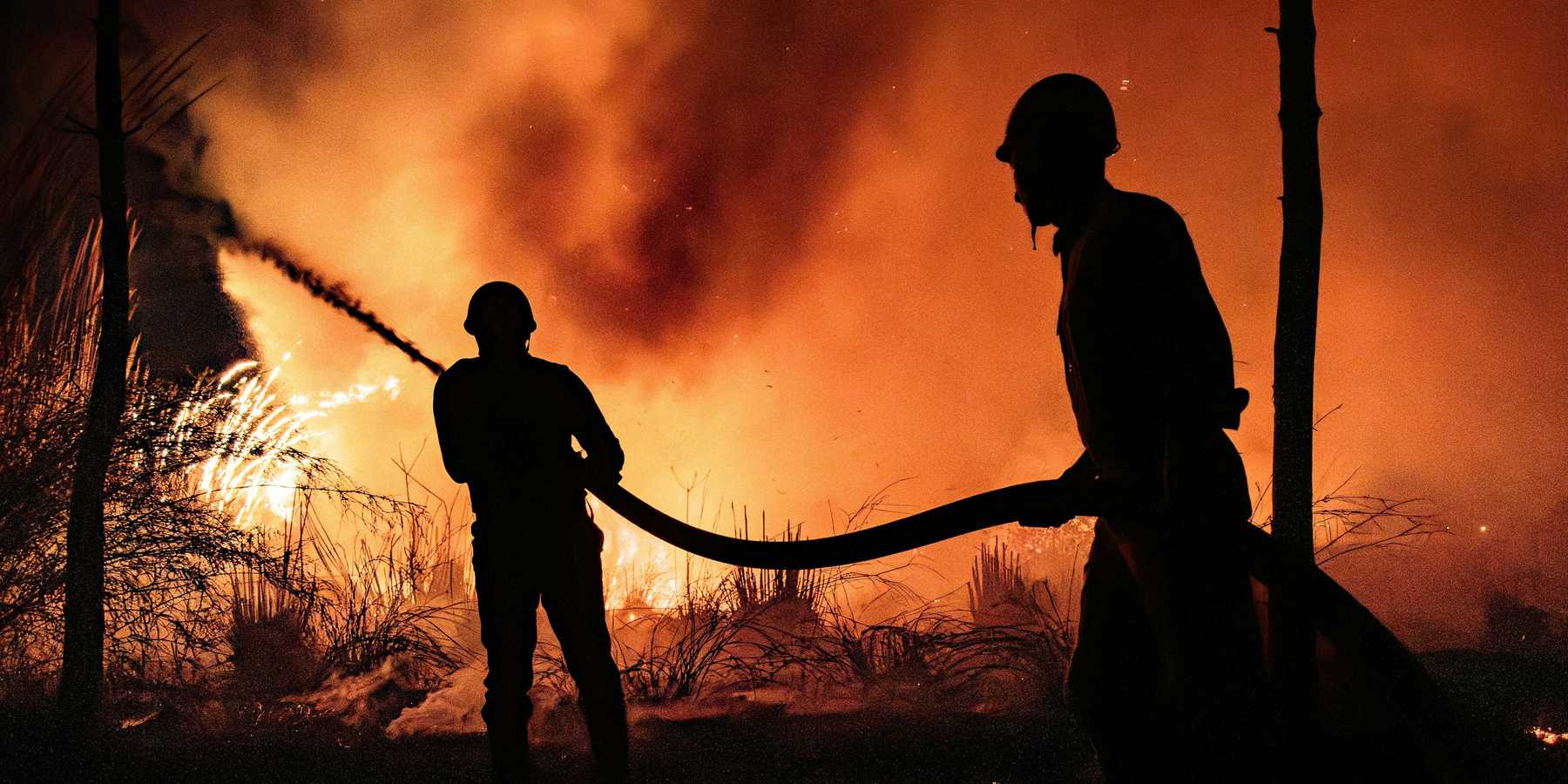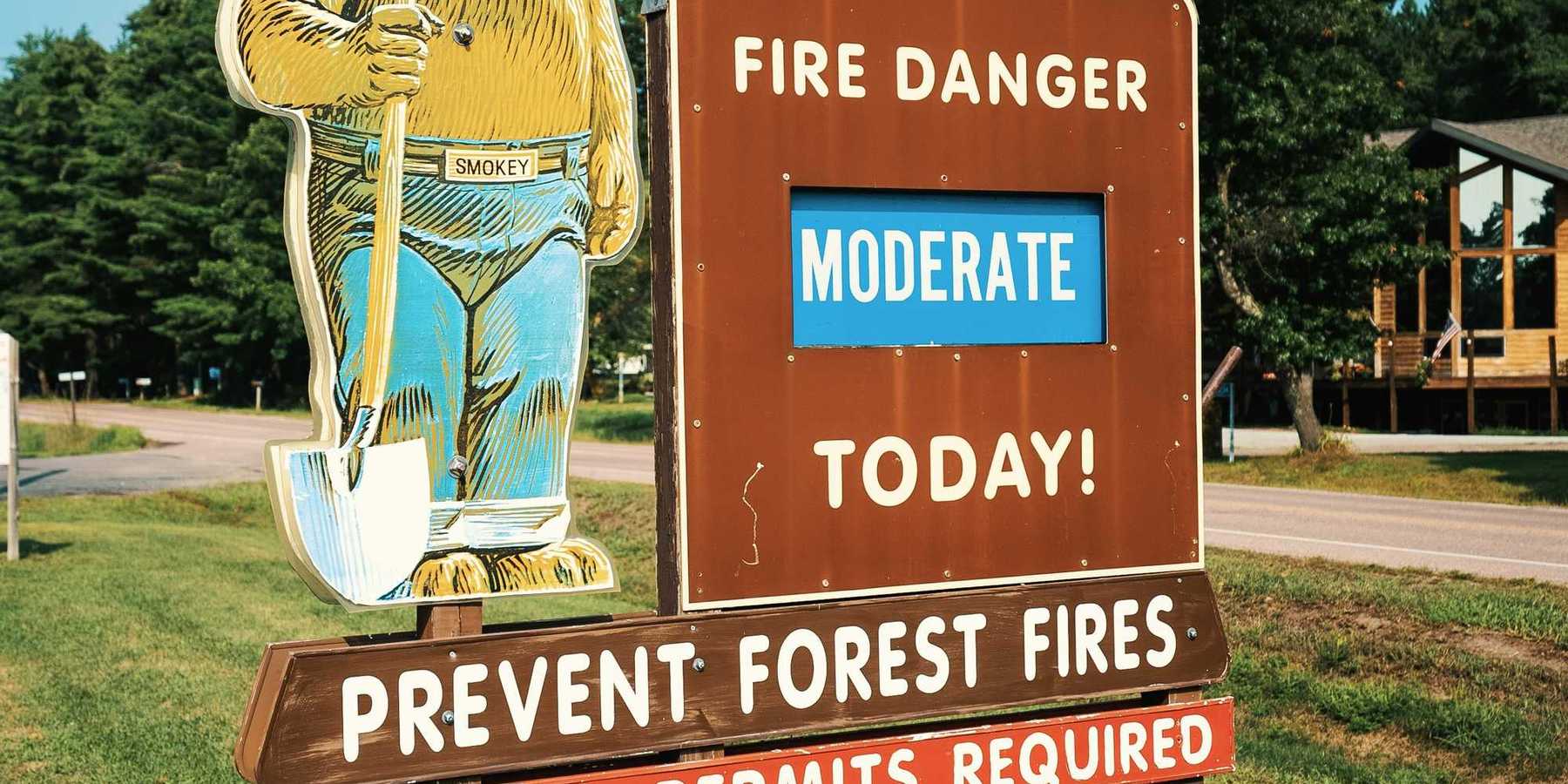Peter Dykstra: Headwinds remain for clean energy
Will the Inflation Reduction Act mark the time when fossil fuels begin to fossilize?
"What is good for the country is good for General Motors, and what's good for General Motors is good for the country."
Charles Wilson, 1953
As President Biden turns his victory lap for squeaking a major climate victory through a 50-50 Senate, the ghost of Charles Wilson remains. Wilson was the first defense secretary in the Eisenhower administration. And yes, he was a bit partial to GM because his previous job was CEO of the company.
If on top of Wilson’s ghost you throw in Big Oil and its dominance in U.S. foreign policy — witness Biden’s making nice with the Saudis last month — you’ll see the tricky road ahead to realize the promises of the Inflation Reduction Act.
To be sure, the climate and energy provisions in the Inflation Reduction Act are significant, even if they’re long overdue. But in order to placate the fossilized wing of the Democratic Party, for example, the bill broadens industry access to federal lands — even if the industry holds over 9,000 public lands drilling permits it hasn’t used.
These are some examples of the type of tactics that could jeopardize the implementation of the law.
Bumpy roads remain for electric vehicles
The 2006 documentary Who Killed the Electric Car? details successful efforts to engineer GM’s EV-1 out of existence in the late 1990’s. The EV-1 was praised by engineers. For all the world, it looked like an electric passenger vehicle was finally ready. Within six years, not only was the EV-1 program shut down, but the existing cars were destroyed, leaving virtually no trace.
The push of the fossil fuel industry against electric vehicles (EV) didn’t stop with the destruction of GM’s EV-1 program. Two years ago, the American Petroleum Institute spearheaded the launch of the Transportation Fairness Alliance, as brazen a front group as any. The group argues that gasoline or diesel-driven vehicle owners pay fuel taxes at the pump. EV owners, they reason, cheat the system by not pitching into the tax pool that funds road construction and repair. (In all fairness, EVs also don’t contribute to ground-level ozone pollution or “smog.” And, depending on the source of the electricity, EVs ideally don’t spew carbon into the air.)
However, investigators at DeSmog found that “the coalition is being managed by FTI Consulting, a DC-based international consultancy firm that has a long history of running front groups and PR campaigns for the oil and gas industry.”
Rooftop solar under attack
A report last year by the NGO Environment America detailed efforts by state-level agencies and “astroturf” grassroots groups to strip homeowners of the financial incentives for installing rooftop solar arrays. States including Ohio, Illinois, California, Kansas, South Carolina and Florida – ironically, “the Sunshine State,” – have seen years-long efforts to roll back utility paybacks to solar owners who sell their excess power back to the grid.
“Fredo” Koch and the wind farm
Bill Koch is the estranged brother of Charles and the late David Koch, the politically active dynamos that have bankrolled many far right causes since the 1980’s.
Bill is an avid sailor who won the 1992 America’s Cup. While his Oxbow Industries had nowhere near the multi-billion fossil fuel portfolio of his brothers, Bill had quite a pocketful of his own. He also had strong feelings about wind power competing with oil and potentially spoiling the view in Nantucket Sound from his Cape Cod home.
He poured millions into a group battling Cape Wind, a 24-square-mile, 130-turbine proposal for the Sound. Cape Wind developer Jim Gordon won approval from multiple state and federal agencies and endured at least 26 lawsuits before quitting in 2017.
What’s the moral in all this?
After decades of false starts and dashed hopes, wind and solar are beginning to turn in the numbers: Both grew at record rates in 2021. With science, economics, the increasing urgency of addressing climate change and a huge federal boost at their backs, is it really time for fossil fuels to begin to fossilize?
Billion-dollar businesses don’t go down without a fight. Ever.
Peter Dykstra is our weekend editor and columnist. His views do not necessarily represent those of Environmental Health News, The Daily Climate, or publisher Environmental Health Sciences.













